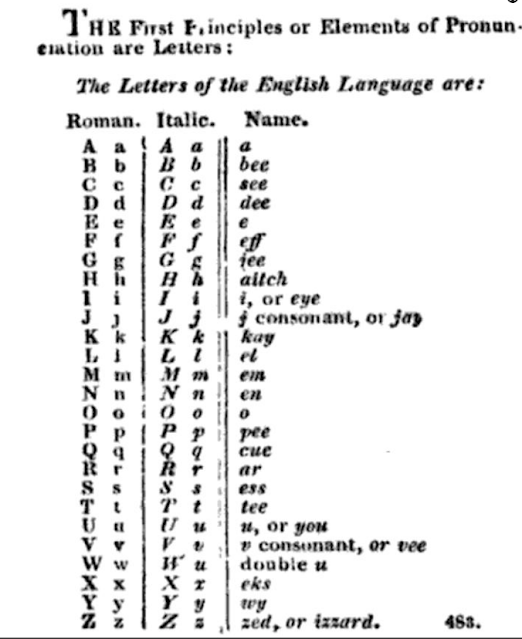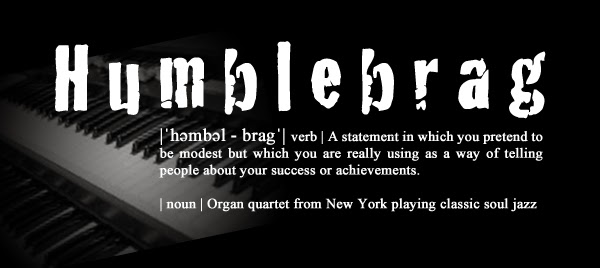What is Esperanto? And why did it irritate George Orwell?

Polish linguist and pacifist, L.L. Zamenhof invented Esperanto ('hope) which he believed could be an international lingua franca or second language. Because it had no irregular verbs and phonetic spelling esperanto was a 'perfect' language . It also had no associations with a particular nationality or country. George Orwell's aunt was an early proponent of Esperanto - see comments below . When he went to stay with her in Paris, she insisted on speaking this new language when he was hoping to practise his French. The political element of Esperanto particularly disturbed Orwell. The attempt to control and direct language was in his view a central feature of totalitarianism. Newspeak - the language Orwell created for his dystopian novel, 1984, is clearly a variant on Esperanto. More on Esperanto here English Language 100 FAQ - only £1.99




